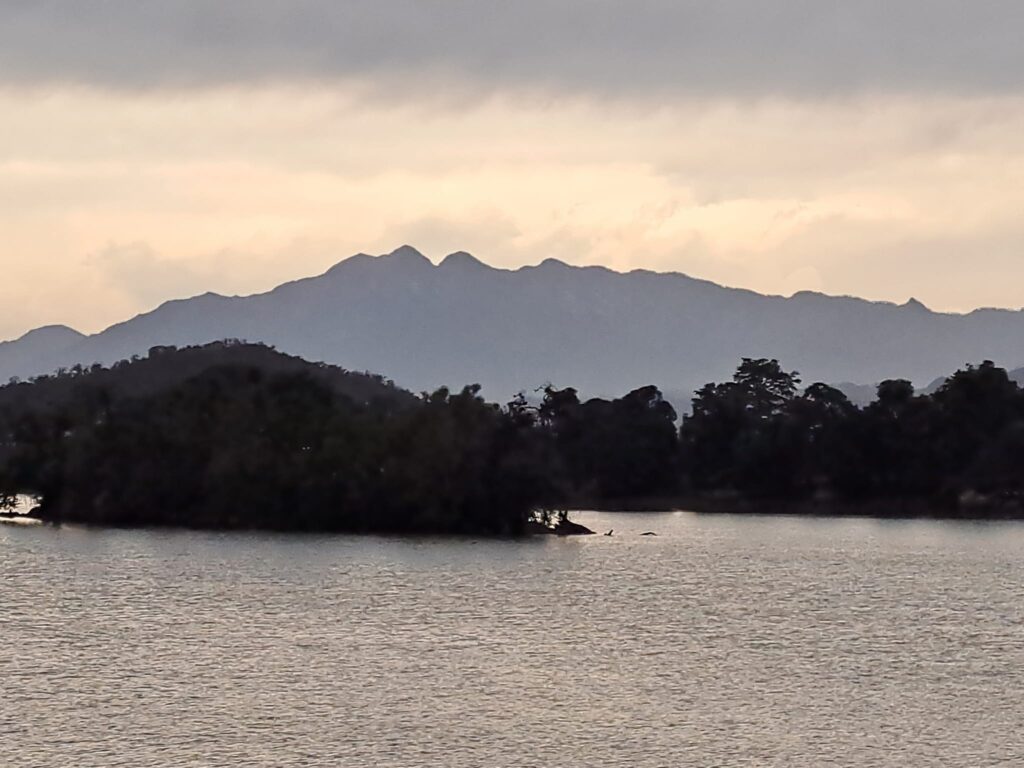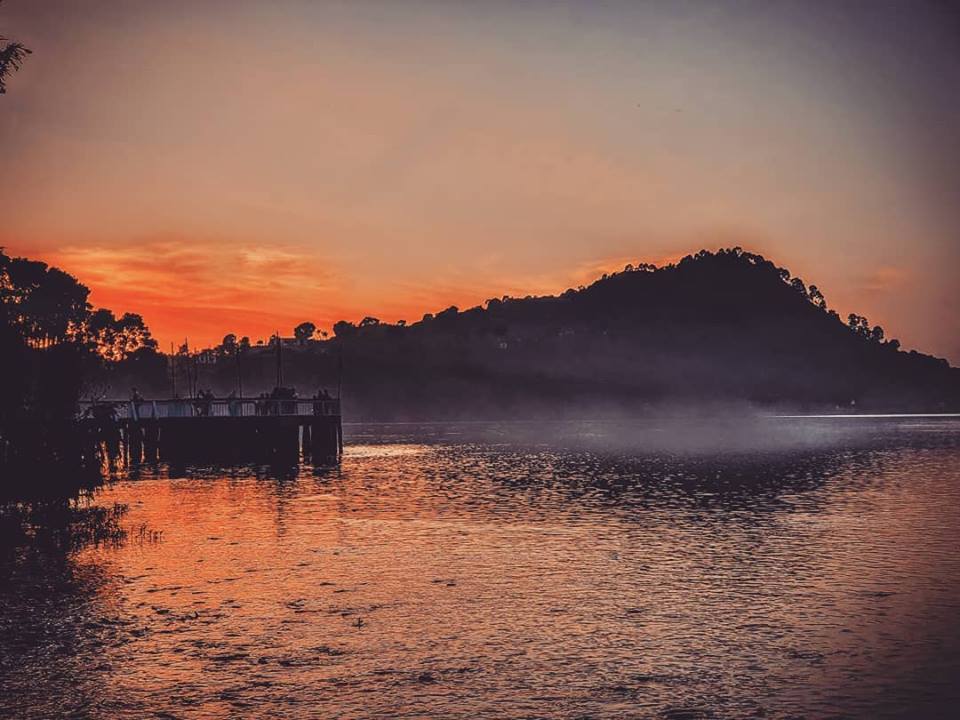Jammu, often referred to as the land of shrines and pilgrimages, is home to a rich cultural and religious heritage. Almost every village and town in this region has a shrine of its own, with many holding significant historical and spiritual importance. Among its most prominent natural landmarks are the three majestic lakes: Mansar, Surinsar, and Sanasar. Each lake has its own significance, with Mansar and Surinsar being deeply intertwined with religious myths, while Sanasar stands as a popular tourist retreat. The origins of these lakes are traced back to the ancient times of the Mahabharata, offering a glimpse into the region’s storied past.
Surinsar Lake: A Haven of Tranquility and Mythology

Surinsar Lake is a serene paradise surrounded by lush forests, making it an ideal escape for those seeking peace and solitude. Situated at a distance of 42 km from Jammu city, Surinsar Lake is known for its natural bounty and some mythological importance. Surrounded by thickly wooded mountain ranges and it is a popular picnic spot. The calm waters of the lake are adorned with vibrant lotuses in the summertime, adding to its picturesque beauty. Nearby, a bird sanctuary attracts nature enthusiasts and bird watchers alike, offering a perfect spot to immerse in the beauty of local wildlife.
Read also: Things you didn’t know about Baba Sidh Goria Shrine at Swankha
Surinsar holds deep spiritual significance, with its name derived from the Sanskrit word “Surang” (tunnel), symbolizing its connection to ancient lore. According to legend, Surinsar was formed by an arrow shot by the great warrior Babar Vahan, creating a tunnel from Surinsar to Mansar.
Mansar Lake: A Destination for Adventure and Spirituality

Just 20 kilometers from the main National Highway 1A, Mansar Lake is one of Jammu’s most famous destinations for adventure tourism. Commonly referred to as Mansrover, Mansar Lake offers not just scenic beauty but also a deep-rooted history that ties it to the Mahabharata era. Surrounded by hills and forests, Mansar is a popular spot for hiking, boating, and other outdoor activities, while still being revered for its religious significance.
Historically, Mansar is tied to the story of Babar Vahan, the son of Arjuna and Ulpi (the daughter of King Nag). According to the ancient scriptures, Babar Vahan was a ruler in this region during the Mahabharata period. After the epic battle, Arjuna performed the Ashwamedh Yagya, a ritual symbolizing power and conquest. During this ceremony, a symbolic horse was released, and it was captured by Babar Vahan near the village of Khoon. In a dramatic turn of events, Babar Vahan killed Arjuna, only to later discover that he had slain his own father.
The Legend of Surinsar and Mansar Lakes: A Tale of Valor and Redemption

The legend behind the formation of Surinsar and Mansar Lakes is deeply rooted in the ancient epic, the Mahabharata. After Babar Vahan learned of his father’s identity, he sought to revive Arjuna. To achieve this, he needed to procure the magical Mani from Sheshnag, a mythical serpent king. Using his bow and arrow, Babar Vahan created a tunnel, now known as Surinsar, and fought Sheshnag to obtain the Mani. Upon his victory, he exited the tunnel at what is now Mansar Lake, bringing the Mani with him and reviving Arjuna.
Over centuries, the lakes have become symbolic representations of the dramatic and emotional tale of familial ties, battles, and redemption. Kalhana’s Rajtarangini, an ancient chronicle of Kashmir, refers to the area around these lakes as Nilapura, further emphasizing its historical significance.
The Spiritual Significance of Surinsar and Mansar Lakes
The story of these two lakes continues to draw pilgrims from across the region. On the Sankranti day of each month, large crowds visit the sacred waters of Mansar to take a holy dip, believing that the waters wash away their sins. The lakes are considered to be filled with “nectar,” symbolizing purity and divinity. The religious beliefs surrounding these lakes have endured for centuries, with their waters believed to have healing and purifying powers.
Read also: Interesting Things to Know about RAGHUNATH TEMPLE
A Journey to Jammu’s Sacred Lakes
A visit to Jammu’s Surinsar and Mansar Lakes is not only a retreat into nature but also a journey through time. The serene landscapes, coupled with the captivating legends, offer a perfect blend of adventure, spirituality, and history. Whether you are a nature lover, an adventurer, or a pilgrim, these lakes provide a unique experience that connects the present with the rich tapestry of ancient India.
The untouched beauty and the myths associated with Surinsar and Mansar continue to make these lakes shine like jewels in the crown of Jammu, offering visitors a glimpse into the land’s sacred and storied past.
















